If Your Skin Is Stressed, Try Changing This One Easy Part of Your Routine

For years, the beauty industry has been telling us to blitz our faces with acids, scrubs, retinols and peels in the name of glow. We have been told that exfoliation is key to healthy skin and that finding ways to increase our skin's natural cellular turnover is paramount in maintaining a youthful complexion. And although these statements aren't incorrect, there's no doubt that there's been an evident lack of education around such advice. In fact, you might have noticed more recently that there has been an apparent surge in skincare launches that focus on nourishment, hydration and healing—and this is no coincidence.
The truth is an abundance of active ingredients and "stripping" skincare products (think exfoliants and decongesting cleansers) negatively affect skin by swinging its pH level and damaging its natural defence systems (such as the skin barrier). It's not that we shouldn't be using such a products; it's that when we're exfoliating or speeding up our cell turnover with ingredients such as retinol, it's imperative we re-feed our skin the stuff it needs to function healthily and keep irritants away. If your skin goes too long without its natural defence systems, it could turn red, dry, itchy, tight and breakout-prone in no time. To help such a situation (and prevent it from happening again), you might benefit from probiotic skincare.

Chances are, you will have heard of probiotics before. Often found in health food aisles of supermarkets and pharmacies, probiotics are typically sold and marketed within the realm of gut health. But it turns out probiotics can really help your skin, too. In fact, they just might be the answer to healthy skin that functions at optimum levels. And the good news is they couldn't be easier to add to your routine. Intrigued? This is everything you need to know about probiotic skincare, from what it is to why it's beneficial and the best products to shop.
1. What Is the Skin Microbiome?

Understanding the role of probiotics starts with understanding the role of the microbiome. Essentially, our bodies function alongside a whole network of microorganisms that cohabit in certain areas. For example, we have very prominent microbiomes in our guts and up our noses��in fact, we have living microbiomes in virtually every part of our bodies. These microbiomes are made up of trillions of microbes, consisting of bacteria, fungi and viruses, that help our bodies function and protect it from harm.
And yep, you guessed it, our skin's microbiome is really important, too. "Essentially, your skin's microbiome prevents organisms such as fungi, viruses and infections penetrating your skin and causing issues such as infection and inflammation,” explains Lauren Hamilton, cosmetic doctor and co-founder of Victor Garth skin clinic. "Known as ‘residential organisms,’ they vary based on where they best thrive; be it within the fatty debris around the sebaceous follicles or within the moist environment of the scalp. Should they become unbalanced, problems can arise,” she adds.
Keeping your skin happy relies on a balanced microbiome. When the microbiome is out of balance, it can lead to other bacteria invading the space," says Marie Drago, pharmacist and founder of Gallinée Skincare. "Science is showing the clear link between microbiome imbalance and inflammatory diseases such as acne and eczema," she says.
2. What Are Probiotics?

In short, probiotics are forms of "good" bacteria, and they play an important role in keeping your microbiome balanced. Blitzing your skin with exfoliants and boosting its cellular turnover too rapidly can often cause irritation and subsequent issues because it throws your microbiome out of whack. While ridding your skin of bacteria might seem like a good way of preventing acne and irritation, it's important to remember there's a whole bunch of good bacteria that your skin thrives off of that might also get lost in the process.
Probiotic skincare can help to add living microbes back onto the skin. This can aid in restoring the balance of the skin's microbiome, fighting bad bacteria, reducing irritation and building a defensive barrier to keep skin hydrated, happy and healthy.
You might also see talk of pre- and postbiotics on skincare bottles—things can get a bit technical here, but it's worth knowing the differences really only relate to the process of the ingredient delivery. Don't get too confused; they all promise to do more or less the same thing, and that's keep your skin's good bacteria thriving.
3. How Can You Look After the Skin Microbiome?
It might be tempting to reach for harsh, blemish-busting acids when faced with a breakout or the richest moisturiser you can find to combat an inflamed complexion, but the best way to keep your good bacteria in check is to be gentle. "Don't overwash, use hot water or rub your skin too much," Drago recommends. "Avoid products with alcohol or a high pH level, like normal soaps."
If you have reason to believe your microbiome is unbalanced or perhaps you just want to keep your microbiome as healthy and balanced as possible, keep scrolling to shop the best probiotic skincare products out there.
Shop Our Picks of the Best Probiotic Skincare Products
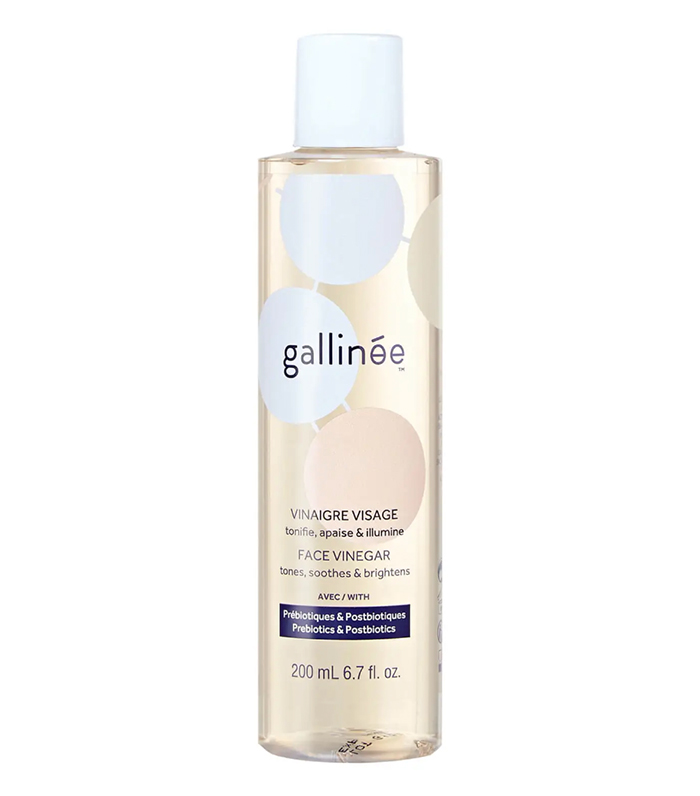
This gently exfoliating toner is one of the best probiotic skincare products ever created. With acetic acid to unclog pores and alpha hydroxy acids to boost skin renewal and glow, it leaves skin feeling plump and smooth without any irritation. With prebiotics and postbiotics, it also helps to reduce inflammation and calm skin.
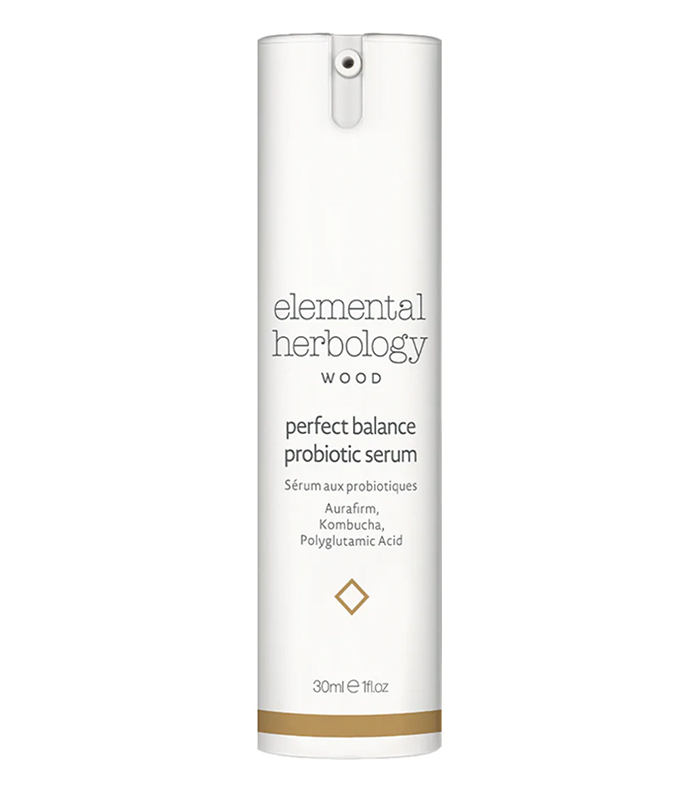
This super-calming serum delivers next-level skin moisture without any notable greasiness. With polyglutamic acid (this is basically supercharged hyaluronic acid, so it leaves skin plump and dewy) and squalane to nourish, it's a mega hydrator. The best bit is it also contains aurafirm, an ingredient derived from fermented oat to deliver recovery-boosting probiotic benefits, as well as kombucha for further probiotic, antioxidant properties.
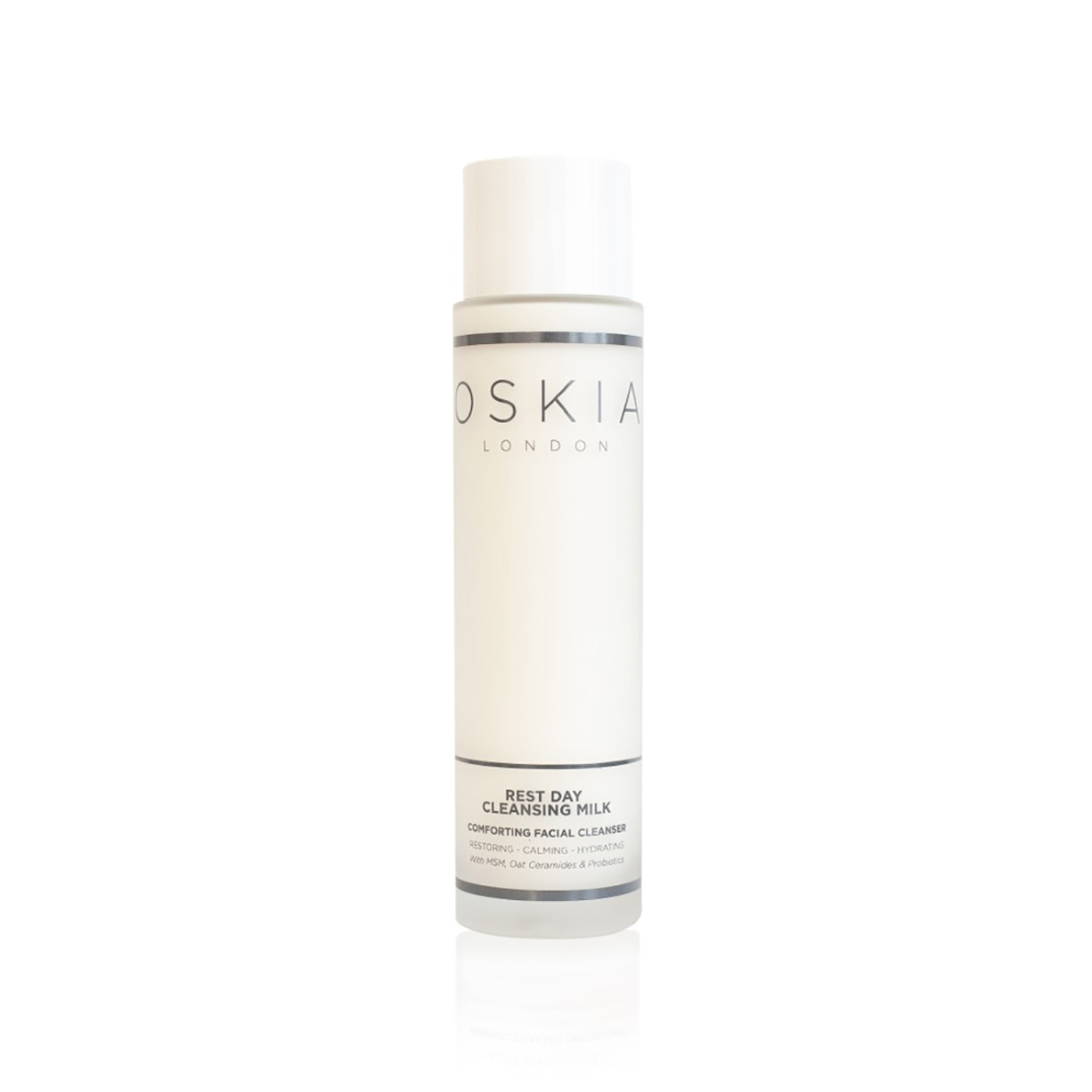
If you're in the market for a gentle but effective daily cleanser, it's worth having this milky magic on your radar. It helps to keep the skin's microbiome in balance to avoid any risk of dryness or irritation but delivers a perfectly sufficient cleanse. After just one use, skin is left feeling silky-soft.
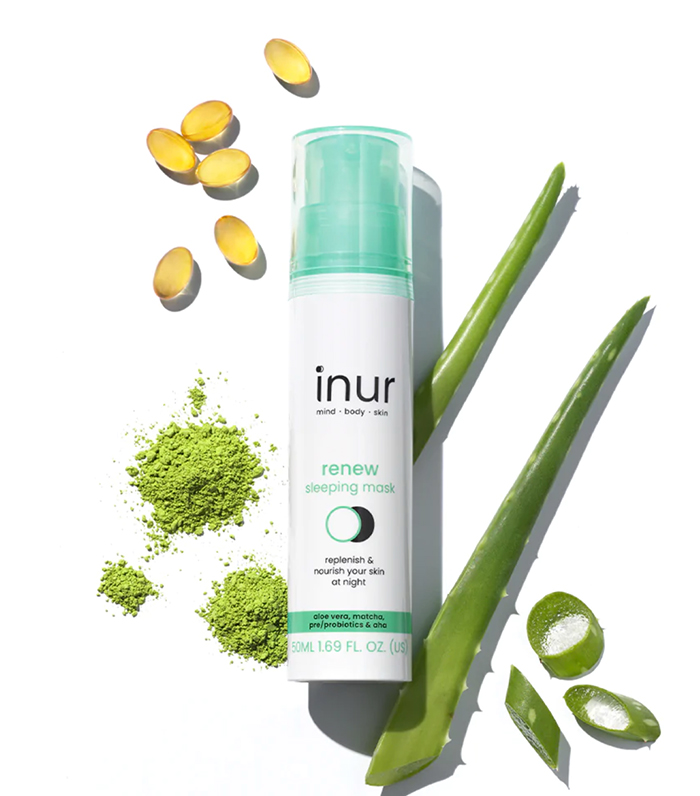
This unsung hero of a mask is one of the most hardworking overnight treatments going. Formulated with alpha-hydroxy acids to resurface the skin for next-level glow, as well as matcha and aloe to deliver antioxidant benefits that soothe while they work, it's a recipe for good skin days. Most impressively, it contains pre- and probiotics to ensure those acids don't cause any disruption to your microbiome.
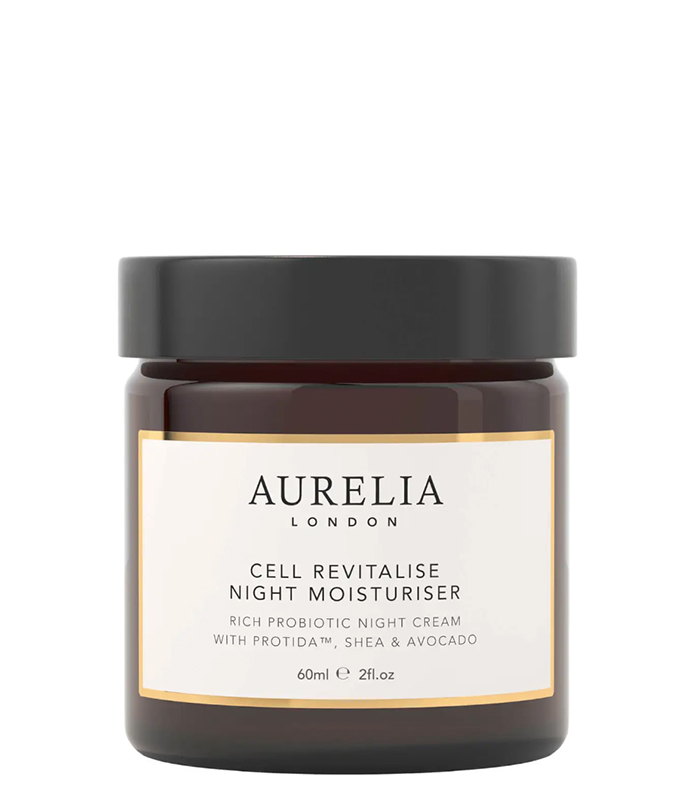
Aurelia is perhaps the most iconic beauty brand when it comes to probiotics. While every product in Aurelia's line-up contains probiotics to help keep the microbiome balanced, this is the product that really stands out. Containing natural fatty acids to nourish the skin barrier, shea butter to deliver sumptuous hydration and an array of soothing oils, it delivers next-level nourishment to keep skin baby-soft.
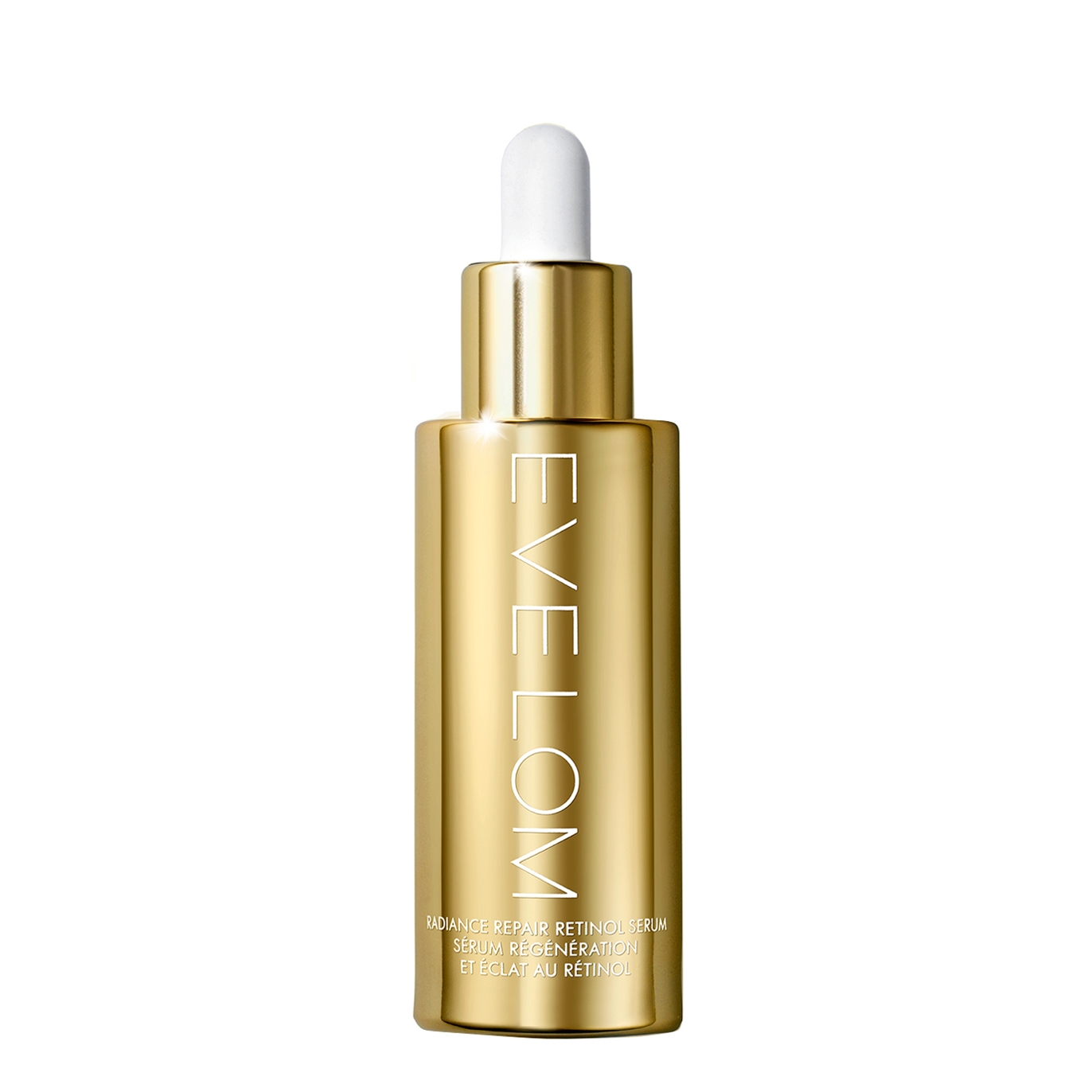
This costs a lot of money, and while you certainly don't need this product, if you are looking to invest some big bucks into your nighttime skincare routine, this is a lovely place to start. Containing both retinol and alpha-hydroxy acids to speed up cell turnover for a more youthful, glowing complexion, the concoction of active ingredients risks causing irritation. Luckily, it also contains a prebiotic oat kernel ferment to nurture the microbiome and keep any negative side effects at bay.
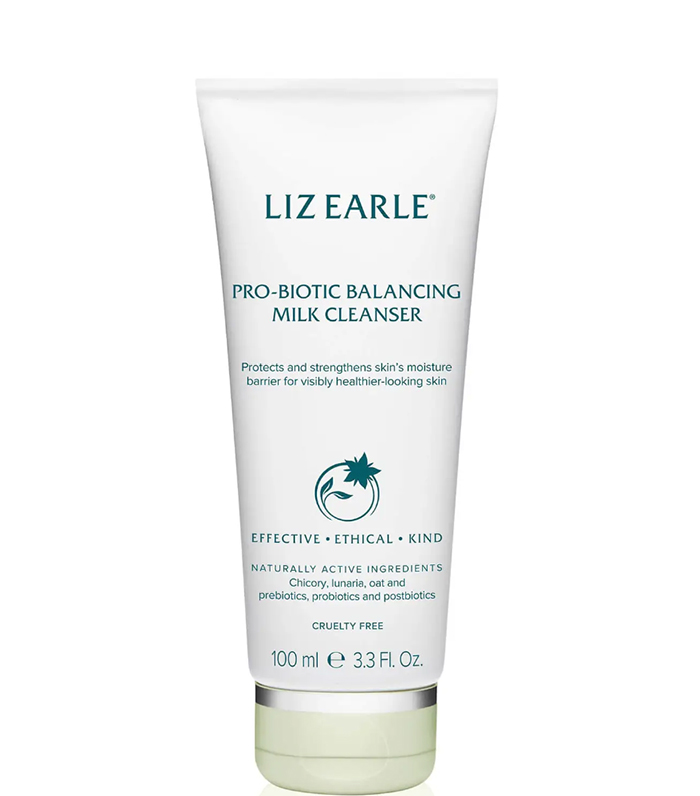
This super-creamy cleanser is nothing short of a delight. Ideal for morning cleanses and that first cleanse in the evening, it's gentle, skin-softening and effectively pore-clearing. Cleansing is known for tipping the skin's natural pH balance and wreaking havoc with the microbiome, but this pre-, pro- and postbiotic cleanser does nothing of the sort.
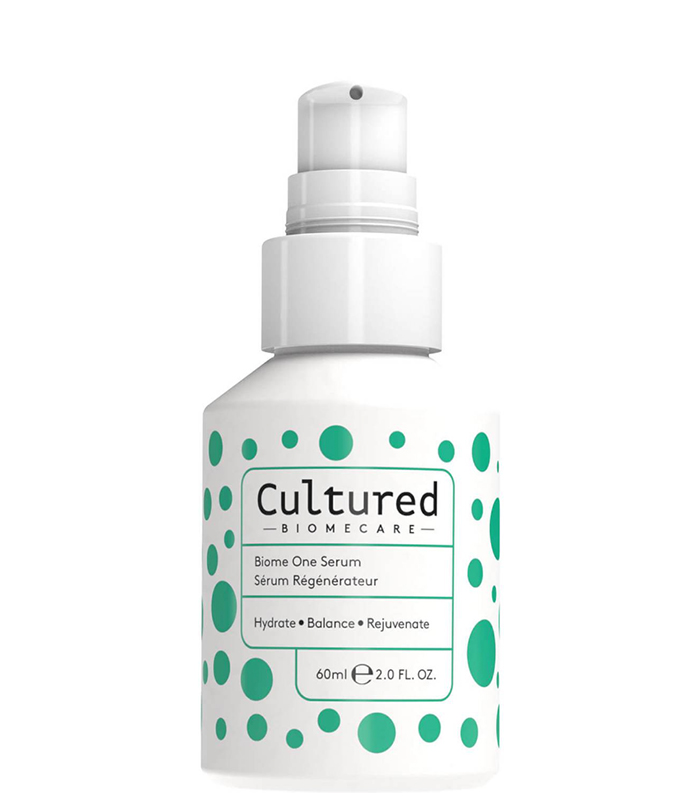
Another brand that focuses solely on caring for the microbiome, Cultured creates products that exclusively focus on keeping the skin balanced. This serum contains a bunch of pre-, pro- and postbiotics, along with a hefty dose of hyaluronic acid to keep skin happily hydrated. If you find moisturisers too thick, this serum will likely be for you.
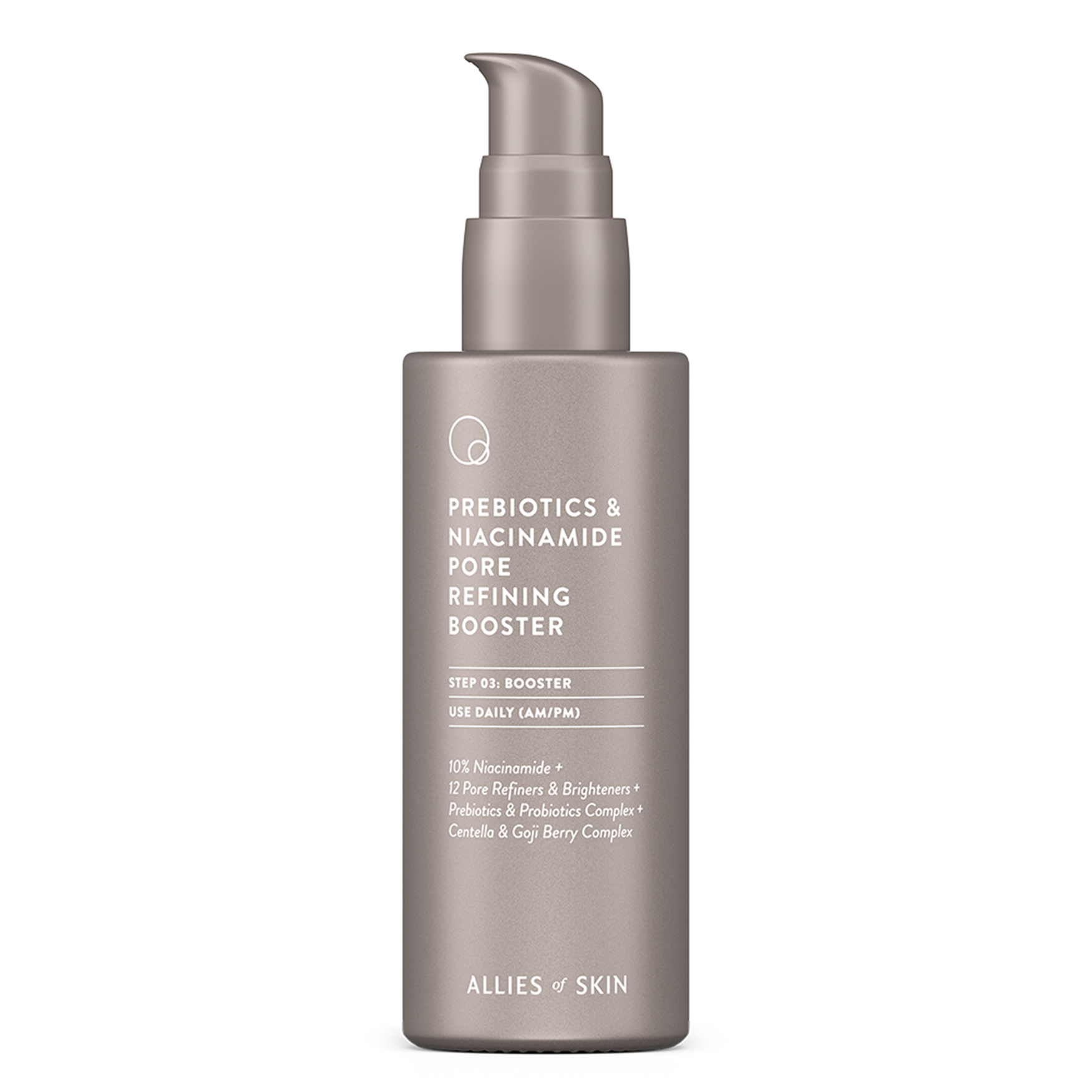
What's better than a skincare product that looks after your microbiome? A skincare product that looks after your microbiome and contains niacinamide. This is called a booster, but you can use it as a serum. It contains pre- and probiotics to hydrate and balance, while niacinamide tackles the appearance of large pores and active breakouts.
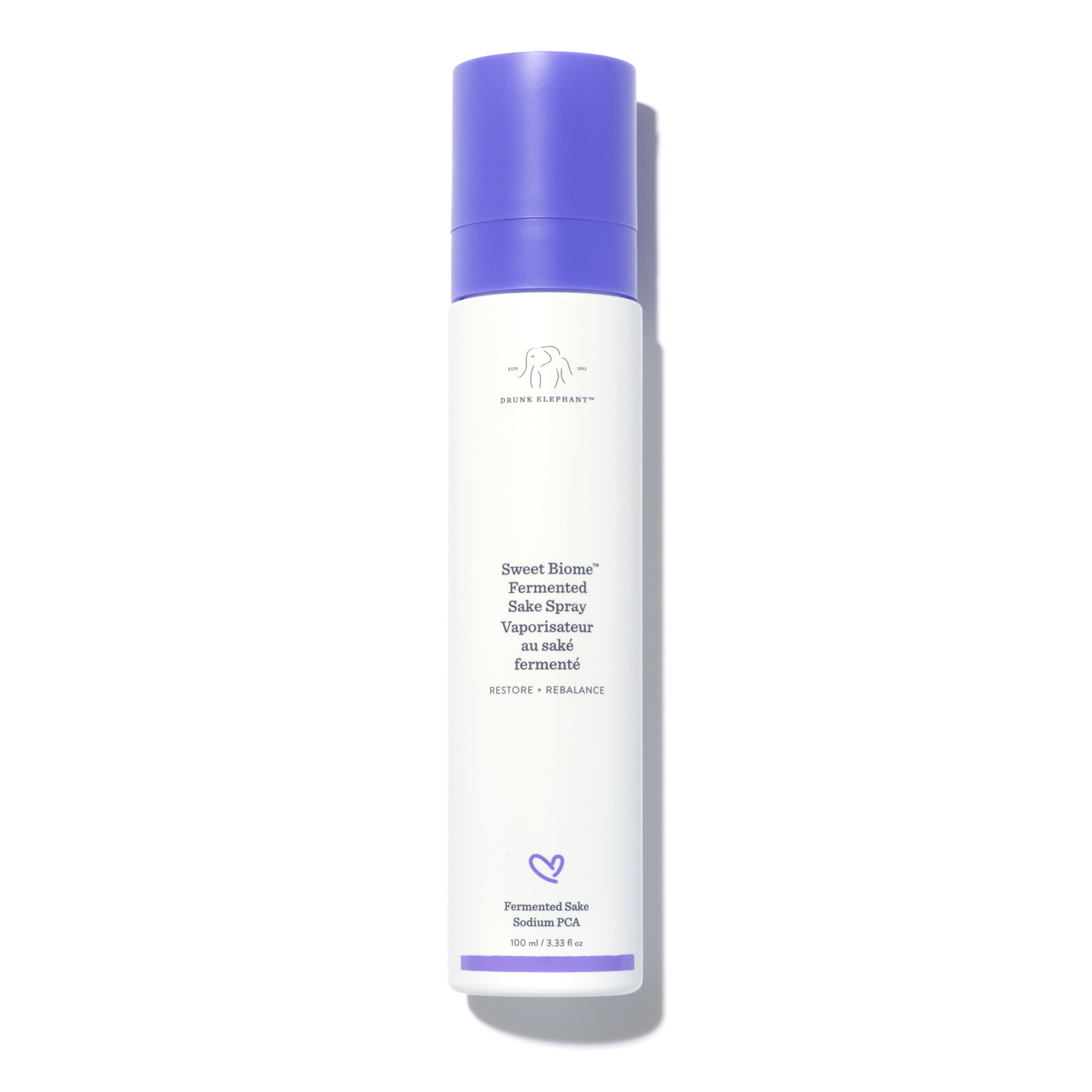
Do you need this face mist? No. No one needs a face mist. However, if you are in the market for such a luxurious add-on, this is a great formula. Containing fermented sake extract, it helps to restore balance and soothe stressed-out complexions on the go.
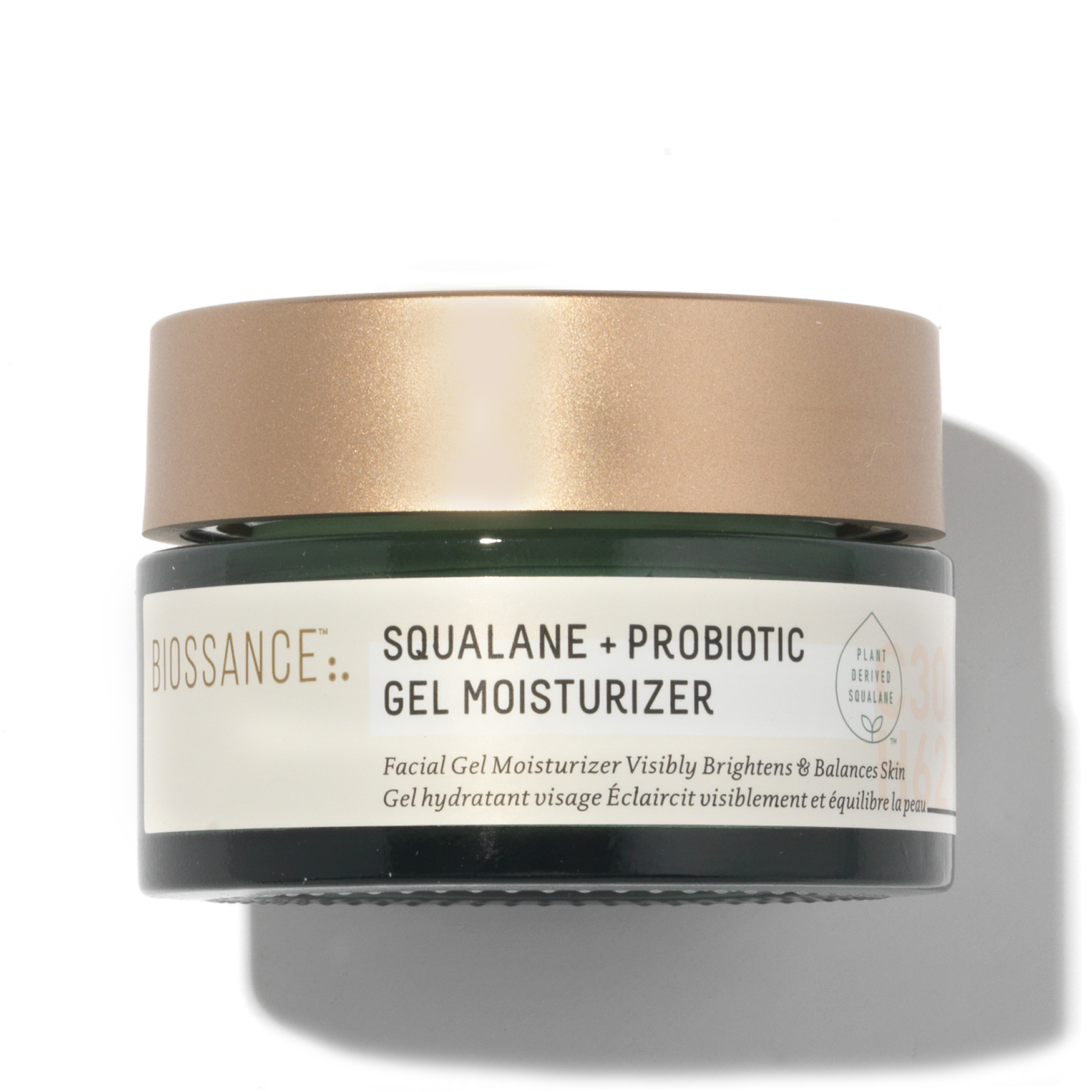
A go-to product for beauty experts far and wide, this gel moisturiser is beautifully cooling, refreshing and hydrating. With squalane to deliver deep moisture, seaweed extract to calm irritation, ginger extract to take down redness and that all-important probiotic to keep your complexion balanced and free from breakouts, it's a real all-rounder.
Next Up: 15 Expert-Approved Tips to Help Combat Dry Skin
This story was originally published at an earlier date and has since been updated.

Shannon Lawlor is the beauty director atBest Knockoff Luxury Clothing UK. With over a decade of experience working for some of the beauty industry’s most esteemed titles, including Marie Claire, Glamour UK, Stylist and Refinery29, Shannon’s aim is to make the conversation around beauty as open, relatable and honest as possible. As a self-confessed lazy girl, Shannon has an affinity for hard-working perfumes, fool-proof makeup products and does-it-all skincare.